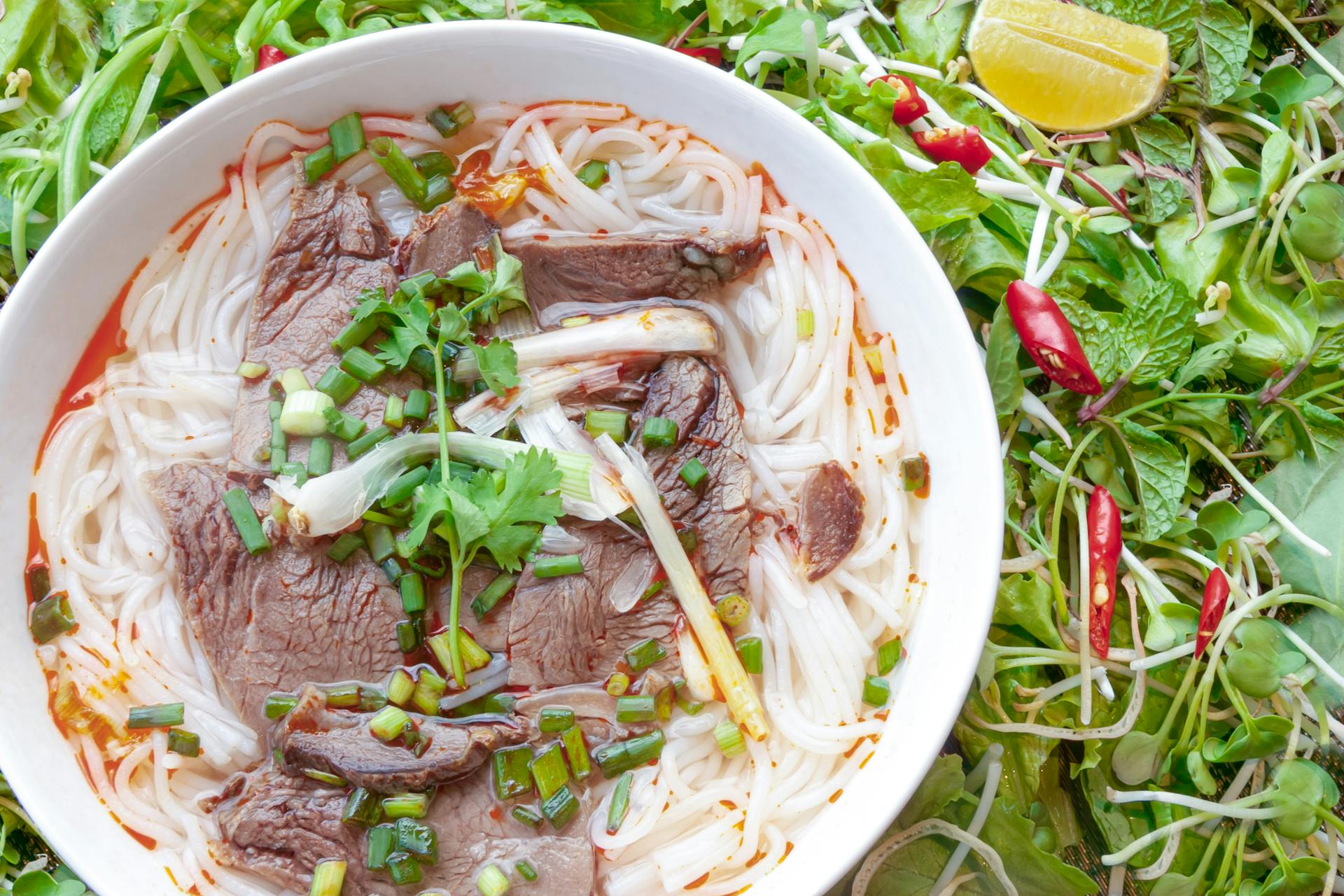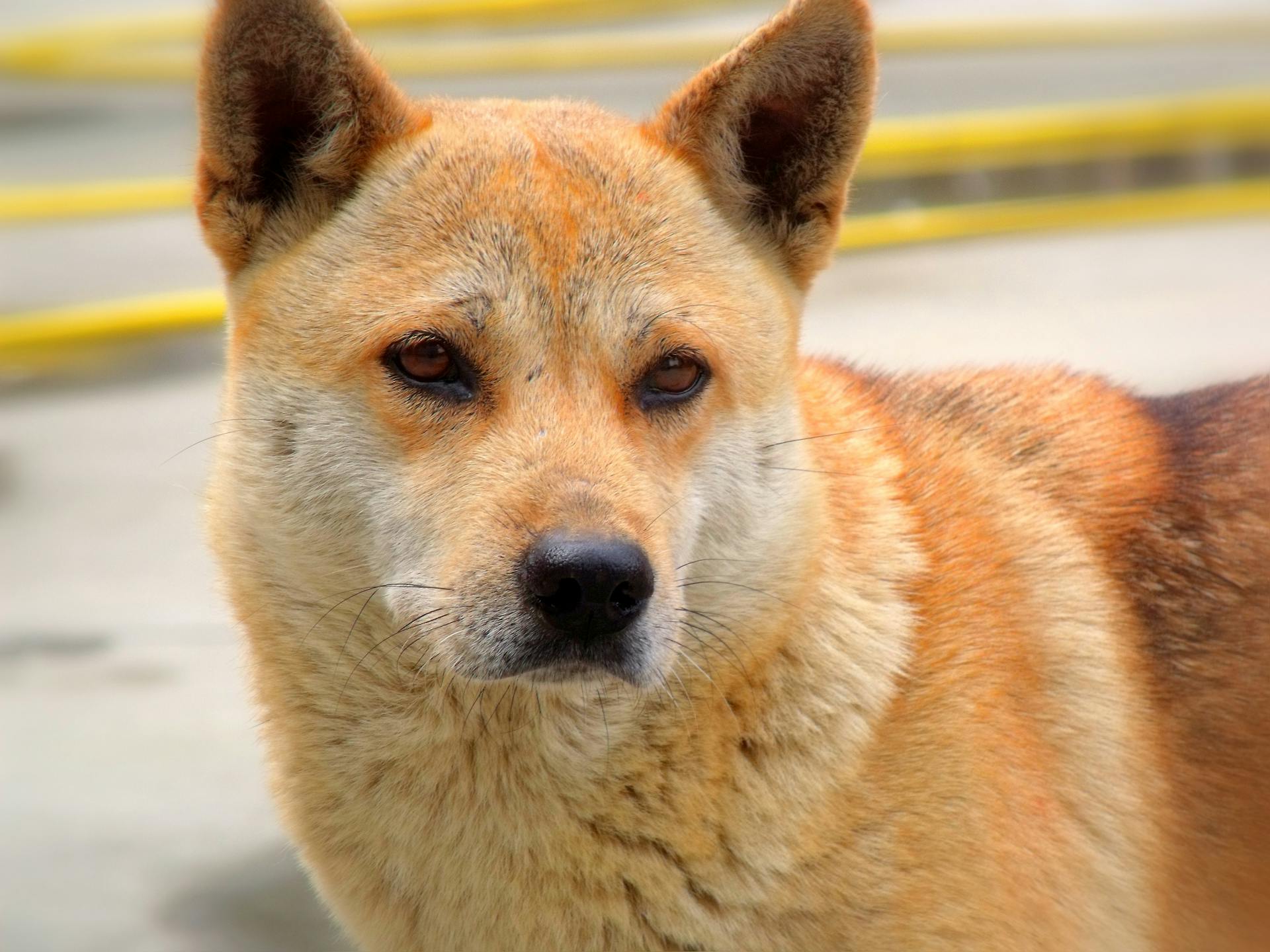
Dog meat consumption in Vietnam is a complex and multifaceted issue. According to estimates, over 2 million dogs are slaughtered each year in Vietnam.
The majority of dog meat in Vietnam comes from rural areas, where it is often consumed as a cheap source of protein. Many Vietnamese people view dog meat as a traditional food that has been consumed for centuries.
In some parts of Vietnam, dog meat is considered a delicacy and is served at special occasions such as weddings and festivals.
Dog Meat Consumption in Vietnam
HSI is dedicated to tackling the dog and cat meat trade in Viet Nam by advocating for stronger laws and regulations.
The trade involves the slaughter and consumption of dogs and cats, which poses significant public health risks linked to rabies.
In Viet Nam, most animals for the trade are either stray animals caught from the streets or stolen pets.
Some dogs and cats are farmed for the meat trade, with young dogs and cats sold by their owners into the trade, where they are fattened on farms and then slaughtered.
Related reading: Rescue Dogs from China Meat Trade
HSI is working directly with farmers who want to leave this cruel trade behind and transition to alternative humane livelihoods.
The Models for Change program enables workers to leave the trade and allows for the rescue of dogs and cats who are voluntarily handed over to HSI.
Dogs and cats rescued from the meat trade receive veterinary care and rehabilitation at partner shelter facilities.
Once restored to full health, these animals are available for local adoption, enabling them to find safe and loving homes.
HSI is collaborating with authorities in two target provinces, Thai Nguyen and Dong Nai, to launch initiatives aimed at reducing the dog and cat meat trade and consumption.
Community initiatives in these provinces raise awareness of the risks of the dog and cat meat trade, encourage responsible pet ownership, support pet sterilization, and increase canine rabies vaccination coverage.
Rabies and Animal Welfare
Rabies is a significant public health concern in Vietnam, with approximately 70 human deaths each year attributed to the disease, largely due to dog bites.
The majority of these cases are linked to the dog meat trade, which often involves dogs of unknown disease or vaccination status.
This undermines anti-rabies efforts and puts everyone involved at risk, including those who consume dog meat and the dogs themselves.
Rabies Threat
Rabies is a serious concern in many parts of the world, and the dog meat trade plays a significant role in its spread. In Vietnam, for example, approximately 70 human deaths occur each year from rabies, with most cases linked to dog bites.
The dog meat trade often involves dogs of unknown disease or vaccination status, which undermines anti-rabies efforts and puts everyone involved at risk. This is a major public health concern that needs to be addressed.
In Vietnam, the situation is particularly dire, with a significant number of human deaths attributed to rabies each year.
Man's Best Friend or Dinner?
Having a dog as a pet can be a wonderful experience, but it's essential to remember that dogs can carry diseases like rabies, which can be fatal to humans.
In the United States, there are approximately 5,000 to 6,000 reported cases of rabies each year, mostly due to animal bites.
Dogs are responsible for about 70% of human rabies deaths worldwide, making them a significant public health concern.
Rabies is almost always fatal if left untreated, with a mortality rate of 99.9% if symptoms appear.
The virus is transmitted through the saliva of infected animals, usually through a bite, and can incubate for weeks or even years before symptoms appear.
The first symptoms of rabies in dogs often include changes in behavior, such as aggression or restlessness, which can be mistaken for other health issues.
If you suspect your dog has rabies, it's crucial to seek veterinary attention immediately.
In some cases, dogs may show more obvious symptoms like foaming at the mouth or difficulty swallowing.
Unfortunately, once symptoms appear, the disease is almost always fatal.
It's essential to take precautions when interacting with dogs, especially if they're not familiar to you.
Vaccinating your dog against rabies is the most effective way to prevent the spread of the disease.
By taking these simple steps, you can help protect both yourself and your furry friends from the risks associated with rabies.
Our Work in Vietnam
In Vietnam, a significant number of dogs and cats are captured, transported, and slaughtered for their meat every year, with an estimated ten million animals affected annually. This is a severe companion animal welfare issue in Asia.
The dog and cat meat trade in Vietnam is fueled by a lack of awareness about the inherent cruelty and risks associated with it. FOUR PAWS has been working in Vietnam since 2019 to address this issue, collaborating with local authorities to implement initiatives that reduce the trade and consumption of dog and cat meat.
FOUR PAWS has successfully implemented activities in Hoi An city, including the closure of a restaurant that served dog and cat meat, marking a significant step towards phasing out the trade in the city.
The Rise of the Food Industry
In Vietnam, the food industry has experienced rapid growth over the past few years, with the market size increasing by 10% annually.
This growth can be attributed to the country's large and young population, with over 70% of the population under the age of 35.
The food industry has also been driven by the increasing demand for convenience foods, with many Vietnamese consumers opting for pre-packaged and processed foods.
The country's food industry is expected to continue growing, with the market size projected to reach $25 billion by 2025.
Vietnam's food industry is also being driven by the country's agricultural sector, which is one of the most productive in the world, with the country producing over 20 million tons of rice per year.
The country's food industry is also facing challenges, such as food safety concerns and the need for more sustainable and environmentally-friendly production practices.
However, many companies are taking steps to address these challenges, such as implementing sustainable agriculture practices and improving food safety standards.
Karen O'Malley, Four Paws Programme Manager
Karen O'Malley, FOUR PAWS' Dog and Cat Meat Trade Programme Manager, is working tirelessly to make a difference in Vietnam. She's part of a team that's been working in the country since 2019.
FOUR PAWS has been working with the Vietnamese authorities to address the risks of the dog and cat meat trade. Every year, an estimated ten million dogs and cats are captured, transported, and slaughtered for their meat in Cambodia, Vietnam, and Indonesia.
Their efforts have led to some significant successes, including the closure of a dog and cat meat restaurant in Hoi An city. This marks another step towards phasing out the dog and cat meat trade from the city, and FOUR PAWS is encouraging other cities to follow suit.
The sheer scale of the trade is staggering, and the suffering it causes is immense. FOUR PAWS is working to raise awareness about the risks of the trade, including the links between it and rabies.
Controversy and Debate
In Viet Nam, a significant percentage of the population consumes dog and cat meat. Nearly 40% of the Vietnamese population eats dog meat, while 21% eats cat meat.
Dog meat is particularly popular among men in northern Viet Nam. Cat meat dishes are especially common in Hanoi and the northern province of Thai Binh.
Growing local opposition to the trade is evident, especially among young people and pet owners. Nationally, 64% of people support a ban on dog meat consumption.
Many oppose the trade due to the cruelty involved and the belief that dogs and cats are companion animals, not food. This sentiment is driven by the increasing number of pet owners in Viet Nam.
A staggering 87% of poll respondents reported having directly or indirectly experienced the theft of a pet for the trade.
Sources
- https://www.hsi.org/news-resources/ending-viet-nams-dog-meat-trade/
- https://www.theguardian.com/world/2013/sep/27/eating-dog-vietnam-thailand-kate-hodal
- https://medium.com/@hanadinh/the-dog-meat-trade-in-vietnam-75a694ee1c2c
- https://www.four-paws.org/our-stories/press-releases/december-2023/dog-meat-restaurant-closes-in-vietnam
- https://vietnamnet.vn/en/most-vietnamese-want-ban-on-trade-of-dog-and-cat-meat-survey-811172.html
Featured Images: pexels.com


